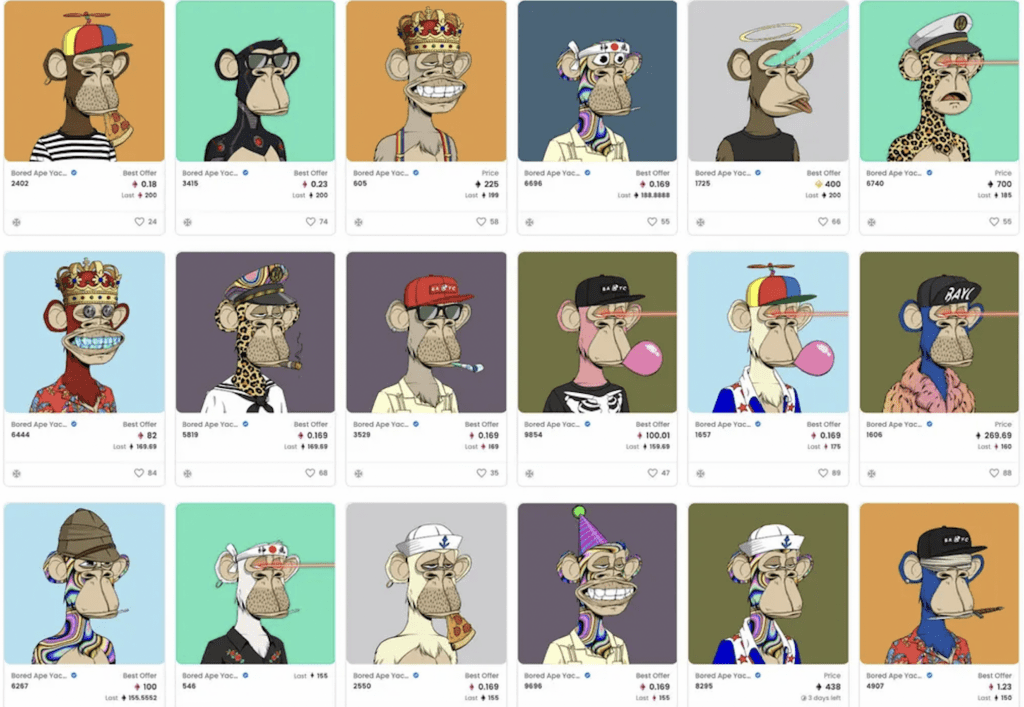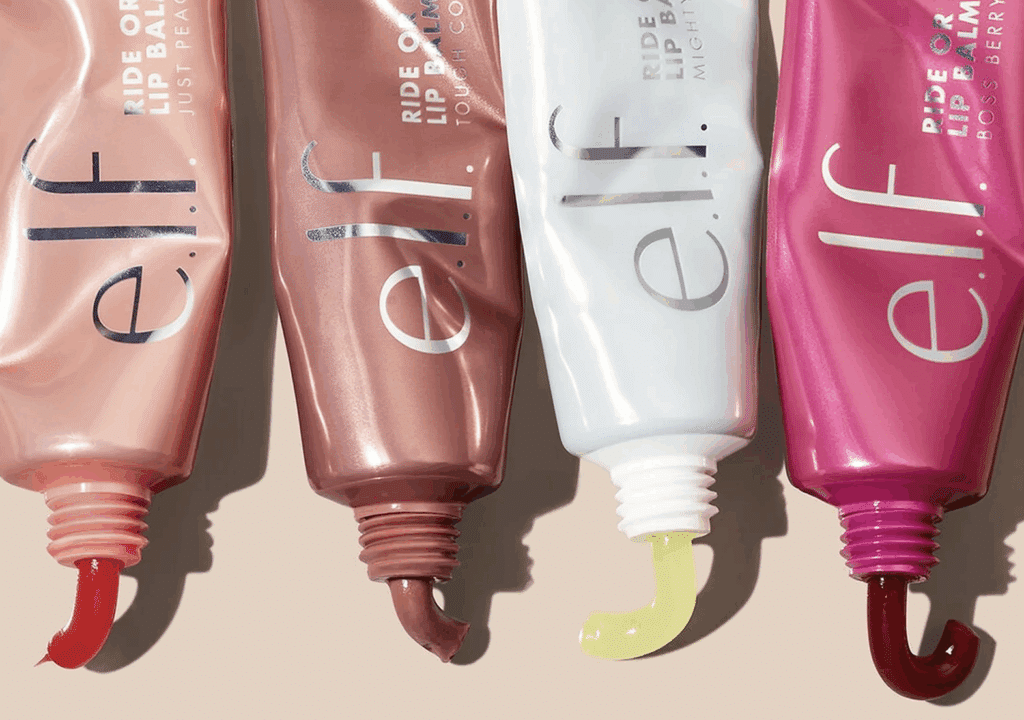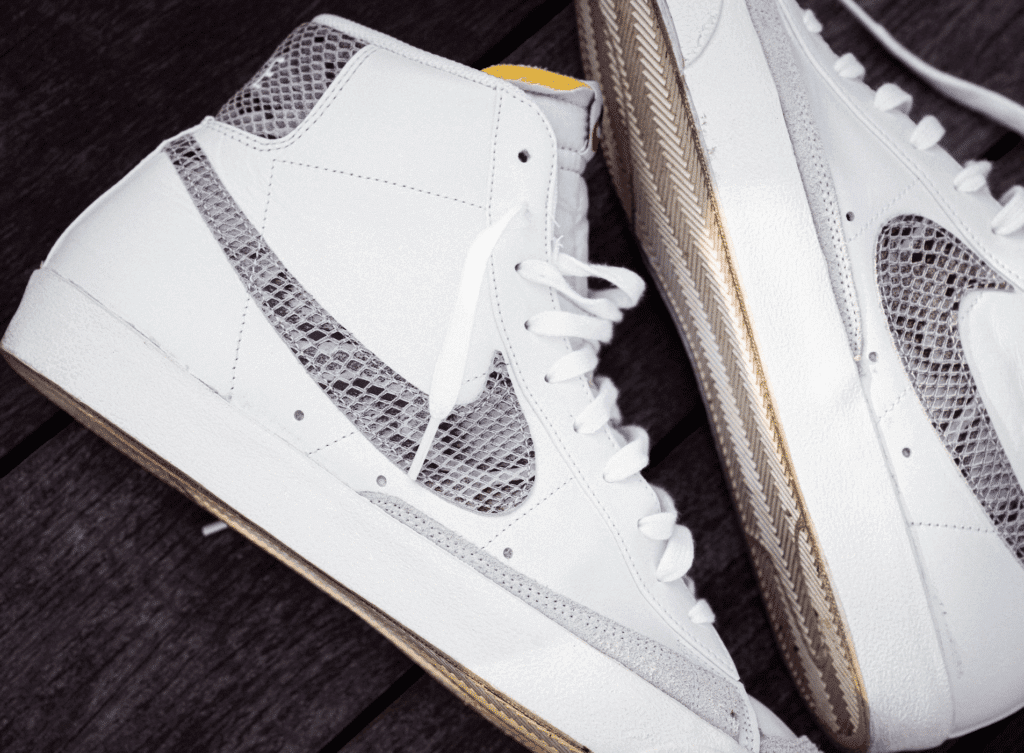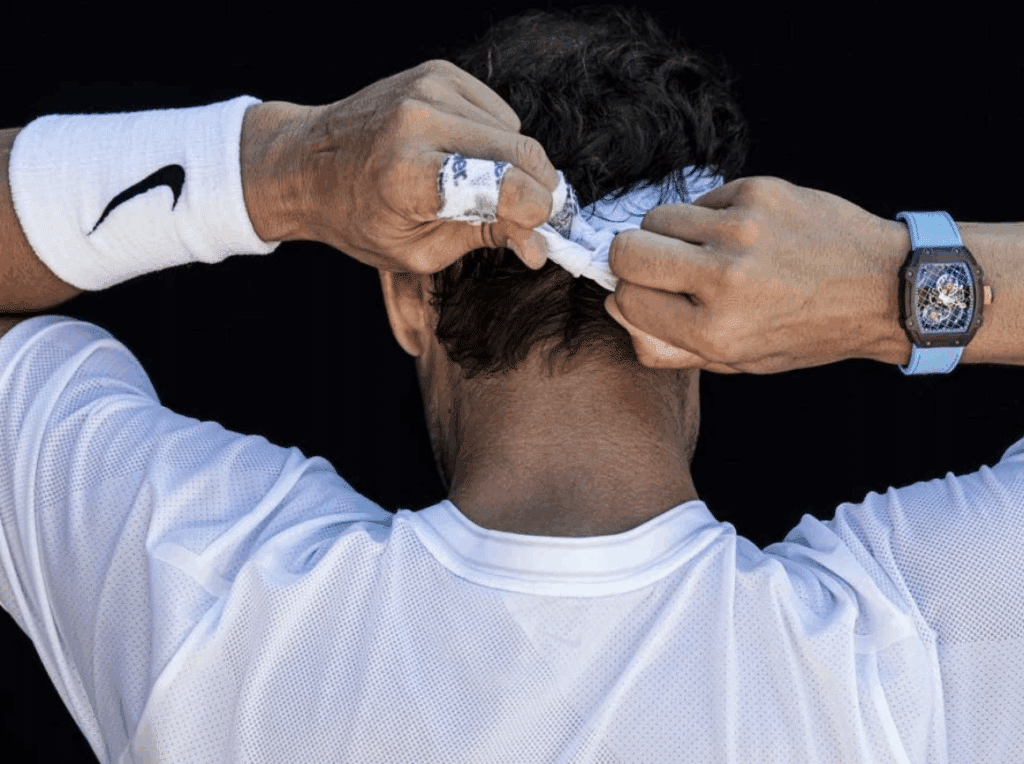A California federal court has found that the First Amendment does not apply in the trademark infringement case that Bored Ape Yacht Club creator Yuga Labs filed against artist Ryder Ripps this summer, accusing him of infringing its BAYC trademarks by way of his promotion and sale of “copycat” NFTs. In an order on Dec. 16, Judge John Walter of the Central District of California refused to grant Ryder Ripps’ and the other defendants’ motion to dismiss, in which they argued that, among other things, the Ryder Ripps Bored Ape Yacht Club (“RR/BAYC”) project is an expressive work that should be shielded from infringement liability. The judge also dismissed the defendants’ anti-SLAPP motion.
At the heart of the court’s order is Ryder Ripps’ argument that Miami-based Yuga Labs’s trademark infringement claims should be tossed out, as they “are legally insufficient under the free speech test in Rogers v. Grimaldi,” as the RR/BAYC project is “protected speech made in connection with a public issue,” namely, how Yuga Labs’s founders “have embedded Yuga Labs’s and the BAYC collection with racist and neo-Nazi dog whistles.” (Under Rogers, the unauthorized use of another’s trademark in an expressive work is shielded from liability under the Lanham Act unless it “has no artistic relevance to the underlying work whatsoever” or has “some artistic relevance, [but] explicitly misleads as to the source or content of the work.”)

For a bit of background: In May 2022, Ripps and the other defendants created their own collection of NFTs – called RR/BAYC – each of which point to the same online digital images as the BAYC NFT collection but that use “verifiably unique entries on the blockchain.” The defendants have argued that the RR/BAYC collection is “a form of ‘appropriation art’ that serves several purposes, including: “(1) bringing attention to [Yuga Labs’s] use of racist, neo-Nazi, and alt-right messages and imagery; (2) exposing [Yuga Labs’s] use of unwitting celebrities and popular brands to disseminate offensive material; (3) creating social pressure demanding that [Yuga Labs] take responsibility for its actions; and (4) educating the public about the technical nature and utility of NFTs.”
Yuga Labs filed suit in June, accusing Ripps and co. of trademark infringement, false designation of origin, cybersquatting, and conversion (not defamation), on the basis that they created and sold NFTs bearing “the very same trademarks that Yuga Labs uses to promote and sell authentic BAYC NFTs.”
Rogers Does Not Apply
Unpersuaded by Ripps’ Rogers-centric arguments, Judge Walter asserted that the Ninth Circuit “only applies the Rogers test when ‘artistic expression is at issue,” and requires defendants to make a “’threshold showing that [their] allegedly infringing use is part of an expressive work protected by the First Amendment.’” The defendants fail here, according to the court, as while they “argue that the larger RR/BAYC ‘project’ is an expressive artistic work … [their] sale of what is admittedly a ‘collection of NFTs that point to the same online digital images as the BAYC collection’ is the only conduct at issue in this action and does not constitute an expressive artistic work protected by the First Amendment.”
In particular, the court noted that the RR/BAYC NFTs “do not express an idea or point of view, but, instead, merely ‘point to the same online digital images associated with the BAYC collection.’” Citing an earlier claim made by Yuga Labs, the court stated that the defendants’ sale of RR/BAYC NFTs – which amounts to “commercial activities designed to sell infringing products” – is “no more artistic than the sale of a counterfeit handbag, making the Rogers test inapplicable.”
Even if the Rogers test did apply and the defendants’ use of the BAYC marks is “artistically relevant,” which is the first prong of the test, the defendants still fail on the second prong, the court maintained, because their use of the BAYC marks is “explicitly misleading.” In this case, the defendants “admit that they have used the BAYC marks in the same marketplaces [as Yuga Labs] to identify and sell NFTs bearing the exact same images underlying the BAYC NFTs and without adding any expressive content.” And beyond that, they used the BAYC marks to “make their competing product look identical to [Yuga Labs’s] product and ensure that the consumer was explicitly misled.”
As for the disclaimer that consumers had to agree to on the defendants’ rrbayc.com reservation site, which stated that Ripps was the creator of the RR/BAYC NFTs and that the project used “satire and appropriation” to criticize Yuga Labs’s BAYC collection, the court found that in arguing that the disclaimer negates confusion, the defendants “ignore the fact that they also used other websites to market and sell their RR/BAYC NFTs and those other websites did not include the disclaimer.” And interestingly enough (and this might prove relevant in the Hermès v. Rothschild case given Mason Rothschild’s use of a disclaimer to distinguish the MetaBirkins NFTs from Hermès), the court stated that “the fact that the defendants felt obliged to include a disclaimer demonstrates their awareness that their use of the BAYC marks was misleading.”
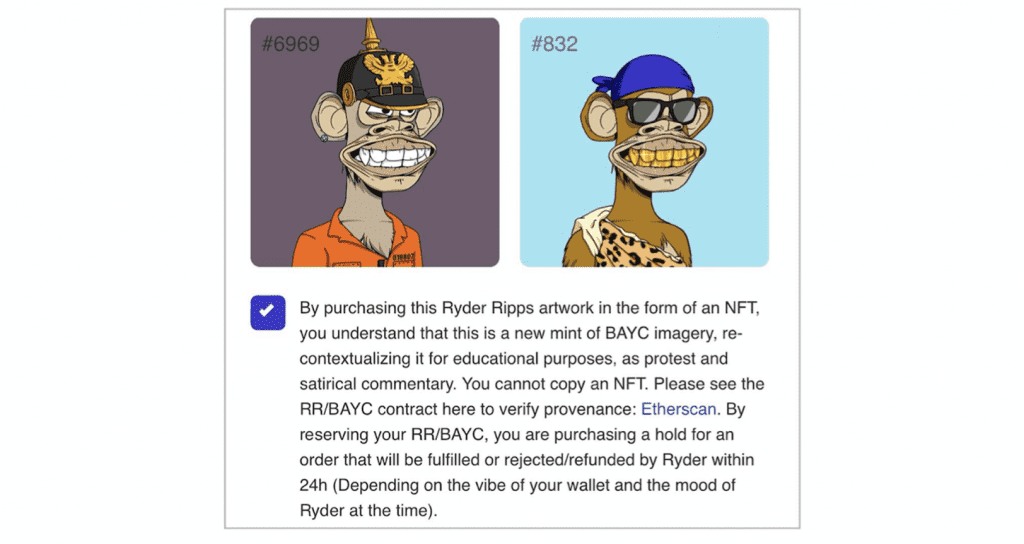
Not Fair Use Either
After rejecting the defendants’ Rogers argument, the court turned to their claim that the use of the BAYC marks in connection with the RR/BAYC project amounts to nominative fair use (i.e., they describe the plaintiff’s product, rather than their own). The court determined that the defendants’ use of the BAYC marks does not constitute nominative fair use,” as they are “not using the BAYC Marks to sell [Yuga Labs’s] BAYC NFTs, but to sell their own competing RR/BAYC NFTs.”
In addition, the court said that the defendants failed to establish all the elements of the nominative fair use defense … For example, the defendants frequently used the entirety of the BAYC marks without modification, including the “visual trappings” of the plaintiff’s brand, and the defendants’ use of the BAYC marks “prominently and boldly,” to market their RR/BAYC NFTs “suggest[s] sponsorship.”
Dismissing the Anti-SLAPP
Finally, the court sided with Yuga Labs in response to the defendants’ claim that the BAYC-maker’s California state law causes of action should be stricken under California’s anti-SLAPP statute because the RR/BAYC NFTs are “protected speech made in connection with a public issue.” In order to prevail in on their anti-SLAPP motion, the court stated that the defendants needed to make a prima facie showing that Yuga Labs’s claims “arise from” an “act in furtherance of [their] right of petition or free speech.” In other words, Yuga Labs’s claims need to arise out of the defendants’ attempts to publicize and criticize its purported use of racist, neo-Nazi, or alt-right dog whistles.
That is not what happened here, however, the court determined, as “despite Ripps’s public criticism of [Yuga Labs’s] use of purportedly racist, neo-Nazi, and alt-right dog whistles through Twitter, Instagram, podcasts, and the website gordongoner.com,” Yuga Labs is not suing him on defamation, slander, or libel grounds; its claims are limited to and arise out of Ripps’s alleged infringement of the BAYC trademarks.
This round was not a total loss for Ripps, as the court granted the defendants’ motion to dismiss Yuga Labs’s unjust enrichment claim – albeit without prejudice.
THE BIGGER PICTURE: This is the second NFT-specific Rogers determination that we have gotten from courts (the first came by way of the Southern District of New York in the MetaBirkins case), and it brings something of a different outcome. While neither of the courts in the RR/BAYC or MetaBirkins cases found that the defendants’ had met the Rogers test, the court in Hermès v. Rothschild was willing to find that the test should be applied, as Rothschild’s Birkin bag image-tied NFTs “could” be a form of artistic expression. The win for Rothschild ended there, though, as while Rogers was deemed to be applicable, the court stated that Hermès had sufficiently set out allegations that Rothschild’s use of the “MetaBirkins” name (and thus, Hermès’ Birkin word mark) was not artistically relevant or was explicitly misleading.
UPDATED (Dec. 21, 2022): Ryder Ripps and fellow defendant Jeremy Cahen alerted the court that they are appealing the order denying their anti-SLAPP motion to the United States Court of Appeals for the Ninth Circuit. Their opening brief is due on February 21, 2023.
The case is Yuga Labs, Inc. v. Ryder Ripps, et al., 2:22-cv-04355 (C.D. Cal.).







